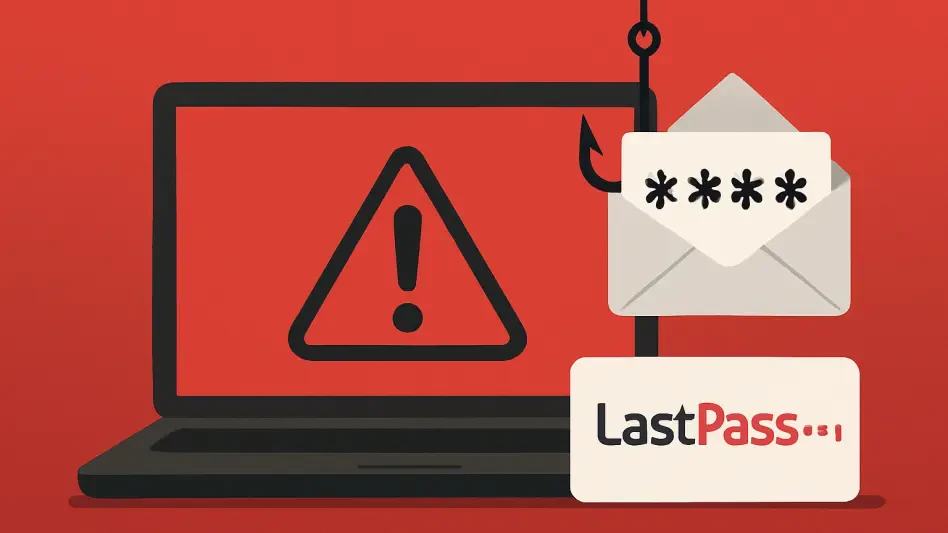In the fast-evolving world of cryptocurrency, where digital assets and sensitive user data are prime targets for malicious actors, the reliance on third-party service providers has become both a necessity and a vulnerability that cannot be ignored. A high-profile legal case involving TaskUs, a customer support outsourcing firm, has brought to light the profound risks that crypto companies face when delegating critical operations. This lawsuit, tied to a major data breach at a leading cryptocurrency exchange, serves as a stark warning about the dangers of inadequate security measures and oversight in third-party partnerships. The incident exposed how insider threats, facilitated through outsourced personnel, can lead to devastating breaches, shaking customer trust and inviting regulatory scrutiny. As the crypto industry continues to scale, understanding these risks is no longer optional but essential for survival in a landscape fraught with cyber threats and regulatory challenges. This discussion delves into the key lessons from the case, exploring how such incidents reshape the approach to outsourcing and security.
Unveiling the Perils of Insider Threats
The core issue highlighted by the TaskUs legal battle is the alarming potential for insider threats within the cryptocurrency sector, particularly when critical functions like customer support are outsourced. A significant breach at a major exchange revealed how personnel with access to sensitive systems can exploit vulnerabilities, whether through negligence or malicious intent. Such incidents are not mere anomalies but part of a growing pattern where high-value digital assets attract sophisticated attacks from within. The exposure of user data in this case led to immediate financial repercussions and long-term damage to reputation, underscoring that even trusted third-party partners can become conduits for risk. Crypto firms must recognize that employees or contractors with privileged access pose a unique danger, as their actions can bypass external defenses, making internal security protocols just as crucial as external ones in safeguarding operations.
Beyond the immediate fallout, the incident tied to TaskUs illustrates the broader implications of insider risks in a digital-first industry. The breach was not just a technical failure but a systemic one, revealing gaps in vetting processes and access controls for outsourced staff. This serves as a reminder that crypto companies often handle personal and financial data under intense scrutiny, where a single lapse can trigger cascading effects across user trust and market stability. Addressing these threats requires more than reactive measures; it demands a proactive cultural shift toward security awareness and accountability at every level of partnership. The case emphasizes that without stringent background checks, continuous monitoring, and restricted access protocols, the benefits of outsourcing can quickly be overshadowed by the potential for internal sabotage or data theft, leaving firms vulnerable to both financial and legal consequences.
Security Challenges in Outsourcing Arrangements
Outsourcing offers cryptocurrency companies undeniable advantages, such as cost efficiency and scalability, but the TaskUs lawsuit exposes the darker side of this practice when security is not prioritized. The breach in question stemmed from insufficient safeguards at the third-party level, allowing unauthorized access to sensitive systems and resulting in catastrophic data exposure. This incident highlights that while outsourcing can streamline operations, it also fragments control over critical processes, creating entry points for cyber threats if robust protections like AES-256 encryption or multi-factor authentication (MFA) are absent. The lesson here is clear: crypto firms cannot afford to delegate responsibility for data security, as the consequences of a breach—ranging from eroded customer confidence to hefty fines—fall squarely on their shoulders, regardless of who manages the day-to-day tasks.
Delving deeper into the security challenges, the case reveals a critical need for comprehensive oversight and standardized protocols in third-party engagements. Many crypto entities, in their rush to scale, may overlook the importance of regular security audits or real-time monitoring of outsourced operations, as was evident in the gaps that led to the breach. Establishing clear contractual obligations around data protection and incident response is paramount to mitigate such risks. Furthermore, the incident underscores that security is not a one-time investment but an ongoing commitment, requiring constant updates to counter evolving threats. Crypto companies must integrate stringent measures into their partnerships, ensuring that vendors adhere to the same high standards of protection as internal teams. Only through such diligence can the industry balance the operational benefits of outsourcing with the imperative to protect user data in an increasingly hostile digital environment.
Regulatory and Accountability Pressures
The TaskUs lawsuit also sheds light on the regulatory tightrope that cryptocurrency firms must navigate when outsourcing key functions. Operating in a sector with often unclear or rapidly changing data protection laws, these companies face heightened scrutiny following breaches that expose user information. The incident in question amplified calls for stricter compliance with existing regulations and clearer contractual terms with third-party providers, including mandatory breach notifications. As oversight intensifies globally, crypto businesses are compelled to align with evolving standards, a trend that will likely define industry practices over the coming years. Failure to adapt not only risks legal penalties but also undermines the credibility needed to thrive in a market where consumer trust is fragile and hard-won.
Moreover, the case emphasizes that accountability cannot be outsourced, even when operations are. The swift response from the affected exchange—terminating ties with implicated personnel and bolstering security measures—demonstrates the importance of owning up to breaches and acting decisively. Transparency with customers and regulators emerged as a critical factor in maintaining confidence after the incident, highlighting that crypto firms must prioritize clear communication in crisis management. This accountability extends to ensuring third-party partners meet rigorous security benchmarks, as any lapse can reflect poorly on the primary company. The regulatory landscape, coupled with public expectations, demands that crypto entities treat data protection as a core responsibility, reinforcing that partnerships must be built on mutual commitment to safeguarding sensitive information against all threats.
Lessons Learned and Future Safeguards
Reflecting on the fallout from the TaskUs legal proceedings, it became evident that insider threats and lax security in outsourcing arrangements had exposed significant vulnerabilities in the crypto industry. The breach served as a wake-up call, prompting affected firms to reevaluate their third-party relationships and implement stricter access controls and encryption standards. Companies took steps to enhance monitoring and auditing processes, ensuring that outsourced personnel operated under the same stringent guidelines as internal staff. This incident also spurred a broader industry dialogue about the need for a security-first mindset, where protecting user data was prioritized over mere cost savings.
Looking ahead, the path forward for cryptocurrency businesses involves adopting robust risk mitigation strategies to prevent similar incidents. Establishing a culture of continuous security improvement, coupled with regular training for all personnel—whether in-house or outsourced—can significantly reduce vulnerabilities. Additionally, forging partnerships with vendors who demonstrate a proven track record in data protection should become a non-negotiable criterion. As the industry matures, embracing transparency in incident response and aligning with regulatory expectations will be vital to sustaining trust. The lessons from this case offer a blueprint for crypto firms to strengthen their defenses, ensuring that the benefits of outsourcing are not undermined by preventable breaches in an ever-evolving threat landscape.








